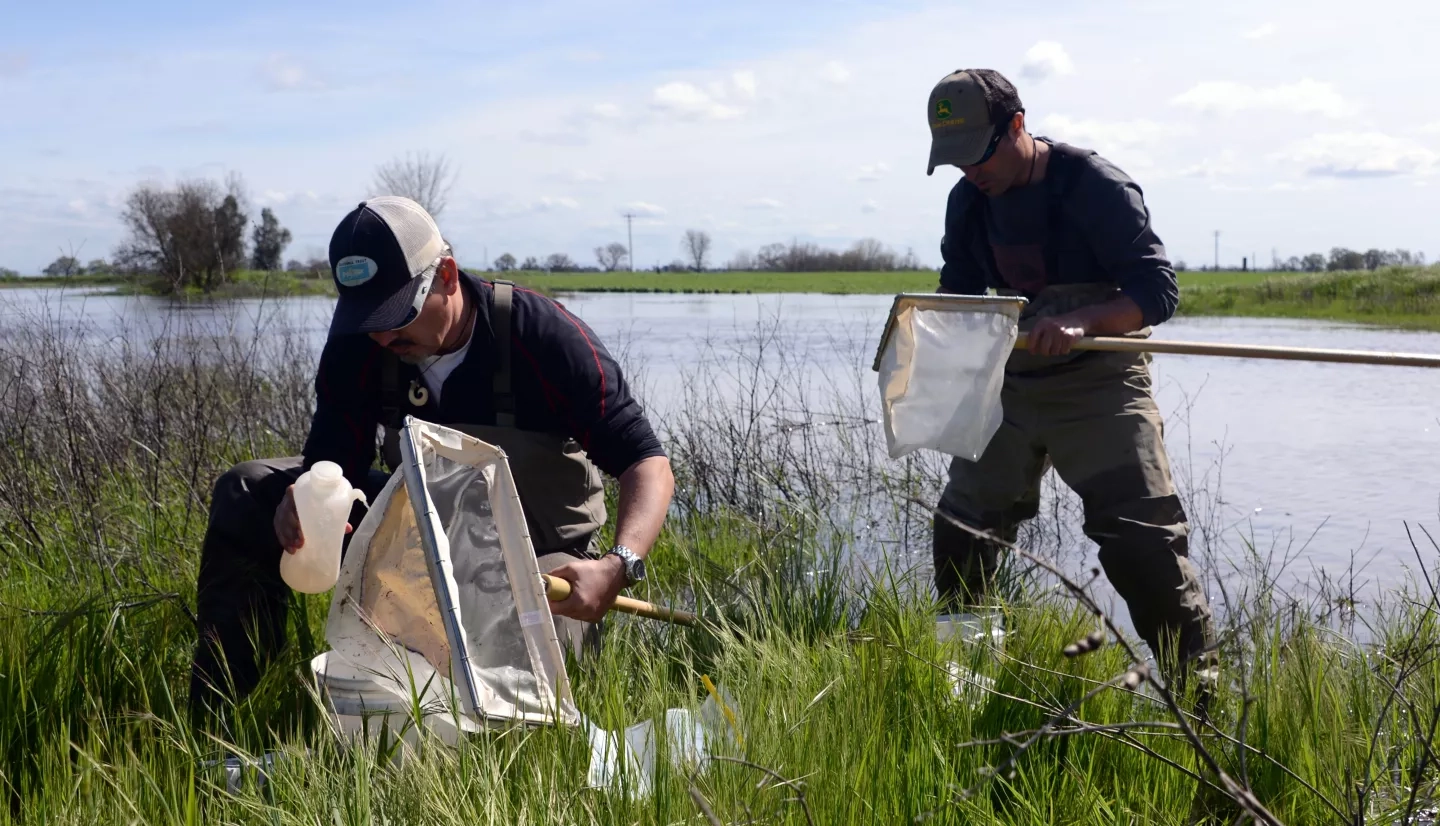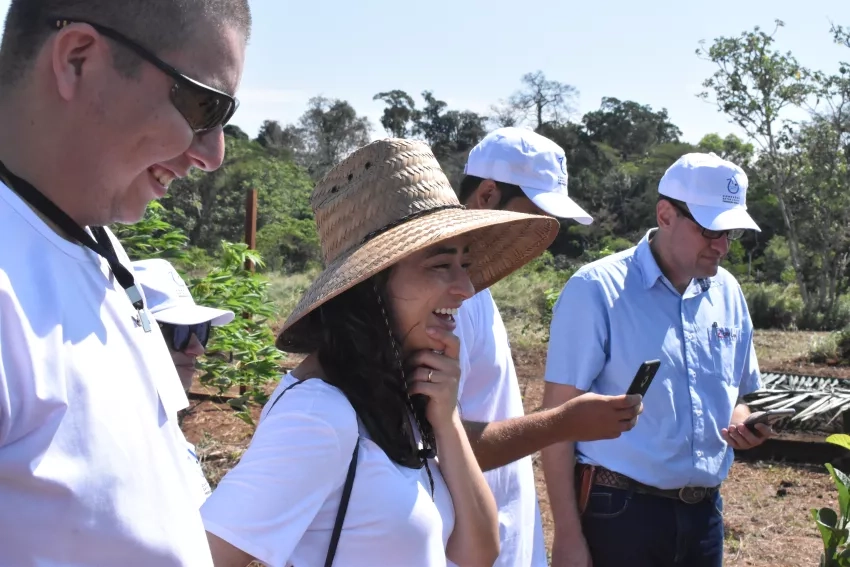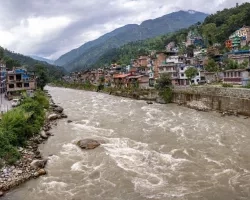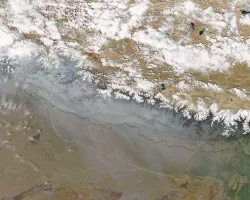Three university research teams will study how using Earth observations to inform decision making improves socioeconomic outcomes, as recipients of the Grants for Assessing the Benefits of Satellites (GABS) competition developed by the Consortium for the Valuation of Applications Benefits Linked to Earth Science (VALUABLES). VALUABLES is a partnership between NASA Earth Applied Sciences and the non-profit group, Resources for the Future (RFF).
Among 41 teams in the competition, three proposals rose above the rest. The award winners will receive $300,000 in funding to conduct impact assessments that quantify the societal benefits of using Earth observations in health, ecosystem and water quality applications.
Sonia Aziz (Moravian College) will lead a field experiment that builds and measures the effectiveness of a satellite data-driven early warning system for cholera in Bangladesh – through access to a mobile phone app for the community.
Jill Caviglia-Harris (Salisbury University) will lead a project to estimate how much deforestation has been avoided in private forests in Brazil, thanks to decision makers using satellite data to inform land management decisions and enforce laws to protect forests.
Stephen Newbold (University of Wyoming) will lead a project to study how early warning systems for harmful algal blooms inform visitors’ decisions to avoid California lakes currently experiencing an outbreak. These systems use satellite data to detect the algae earlier, allowing families to choose another source of fun instead of driving to an impacted site and being forced to turn around, and reducing bloom-related health and economic impacts.
“These projects will generate much-needed quantitative evidence on how satellite data improve societal outcomes,” says Yusuke Kuwayama, an RFF fellow and the VALUABLES Consortium director. “But more importantly, they will help grow the community of Earth scientists and social scientists working together to demonstrate the return on investment in scientific information.”
More information about the competition and winning projects can be found at the Resources for the Future announcement.
Banner image: Joshua Viers (left) and another member of the University of Wyoming algal blooms team conducting water quality measurements in California. Credits: Joshua Viers




